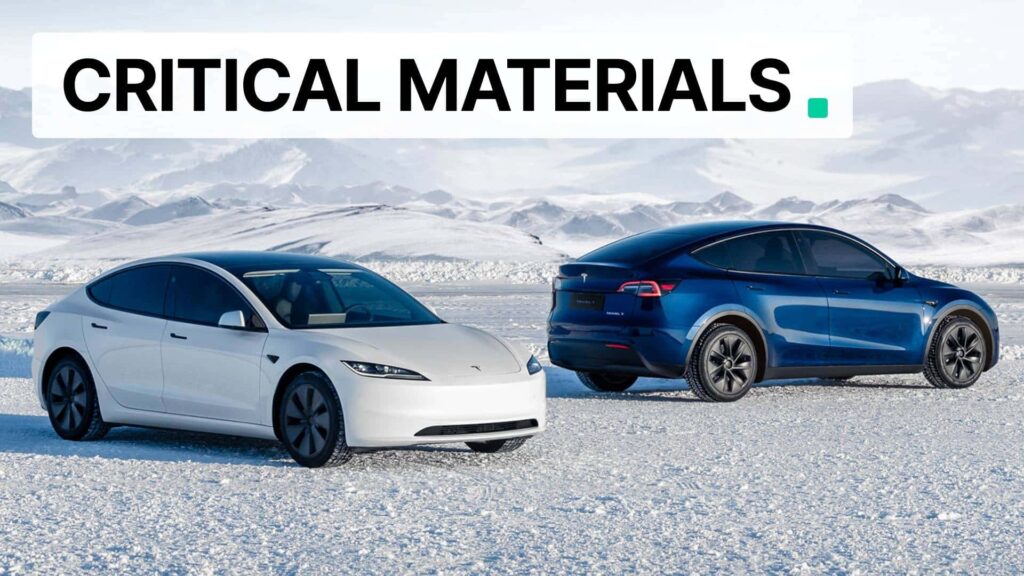It’s a tale of contradictions and complexities. The CEO of a company adamantly against federal incentives now finds his own company heavily reliant on them as the end of 2024 approaches. Elon Musk, the CEO of Tesla, has been a vocal opponent of consumer EV credits, arguing that they would give his company an unfair advantage and disadvantage its competitors. However, as the year comes to a close, Tesla seems to be embracing these subsidies more than ever.
Tesla’s reliance on these tax credits has become apparent as the company aims to meet its sales targets for the year. With lease deals and financing offers on popular models like the Model 3 and Model Y, Tesla is banking on these incentives to drive sales. Despite Musk’s earlier claims of surpassing last year’s global deliveries, the company has faced challenges in meeting those projections, prompting a push for holiday deals to boost numbers.
In addition to consumer credits, Tesla has also benefitted from other EV policies under the Biden administration, such as regulatory credit schemes and funding for EV charging infrastructure. Over $2.1 billion in profits this year came from selling regulatory credits to automakers struggling to meet emissions targets. With other automakers now capitalizing on these incentives, Musk’s call to end them altogether raises questions of fairness and equity.
Meanwhile, Google’s autonomous taxi service, Waymo, faces a different challenge as it plans to expand to new cities like Atlanta and Miami. Instances of vandalism against Waymo vehicles in San Francisco have raised concerns about public acceptance of self-driving technology. The attacks, fueled by a variety of factors including job displacement fears and past grievances, highlight the need for trust-building measures in the autonomous vehicle industry.
On the other side of the globe, Volkswagen workers in Germany are gearing up for extended strikes as the company prepares for plant closures and layoffs in the face of electrification costs and market competition. The strikes, set to begin next week, underscore the tensions between management and labor as they negotiate the future of manufacturing jobs in Germany’s auto sector.
As the year comes to a close, the debate over federal incentives, industry ethics, and public acceptance of new technologies continues to shape the landscape of the automotive industry. Musk’s shifting stance on subsidies, Waymo’s struggle with vandalism, and Volkswagen’s labor disputes all point to a complex and evolving industry landscape. The future of driving and clean transportation hangs in the balance, with key players navigating a maze of challenges and opportunities.

